Connors harshly criticized Alcaraz for not having a Plan B in the Wimbledon final; German player Petkovic slammed the final as a disappointment.
With the discussion around the Wimbledon men's singles final still fresh, tennis legends Connors and former top 10 player Petkovic have recently conducted a deep analysis of this highly anticipated match from different perspectives, sparking heated debates in the media.
In Connors' view, the rigidity of Alcaraz's tactics in the Wimbledon final completely destroyed what could have been a thrilling match.
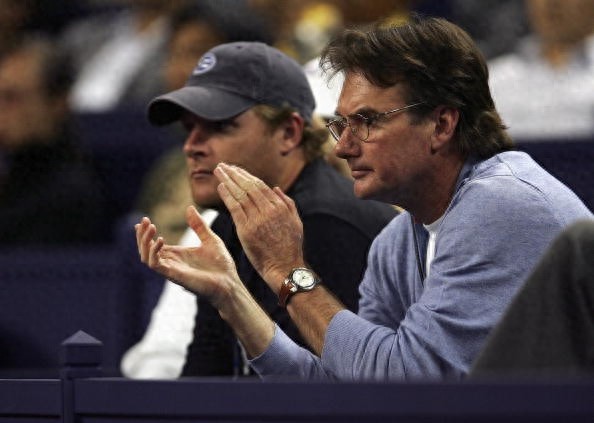
The 71-year-old tennis legend candidly stated in his personal podcast: "When Sinner was in control towards the end of the second set, Alcaraz lacked effective and varied tactical adjustments, which is unacceptable. Top players must be prepared with multiple game plans; it's fundamental."
Connors then supported his point with personal experience: "I have faced multiple defeats at Wimbledon as well. But the key is that my opponents had to give their all to beat me because I always had a Plan B, even a Plan C. So, in matches, I typically prepare three different strategies; even if you dominate me in the first two sets, I will adjust my tactics in the third."
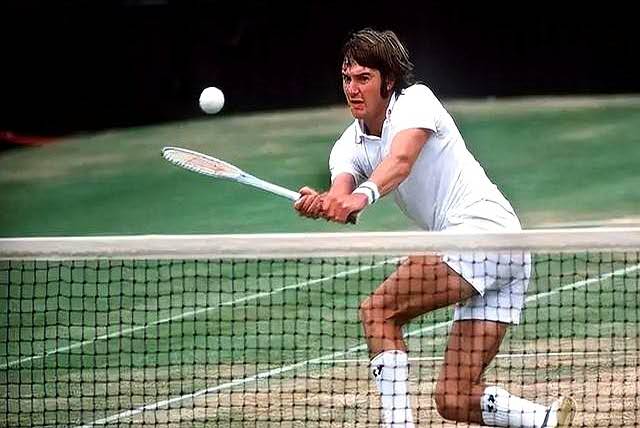
Technical statistics corroborate some of his views: when Sinner improved his second serve success rate to 68%, Alcaraz stubbornly continued with aggressive shots and drop shots on crucial points, leading to a dramatic drop in net points won to 52% in the third set, along with a surge in unforced errors.
Tennis analyst Gill Gross pointed out on social media: "Alcaraz showcased tactical diversity against Fritz in the semifinals, but in the final against Sinner's strong and stable backhand, his toolbox suddenly failed."
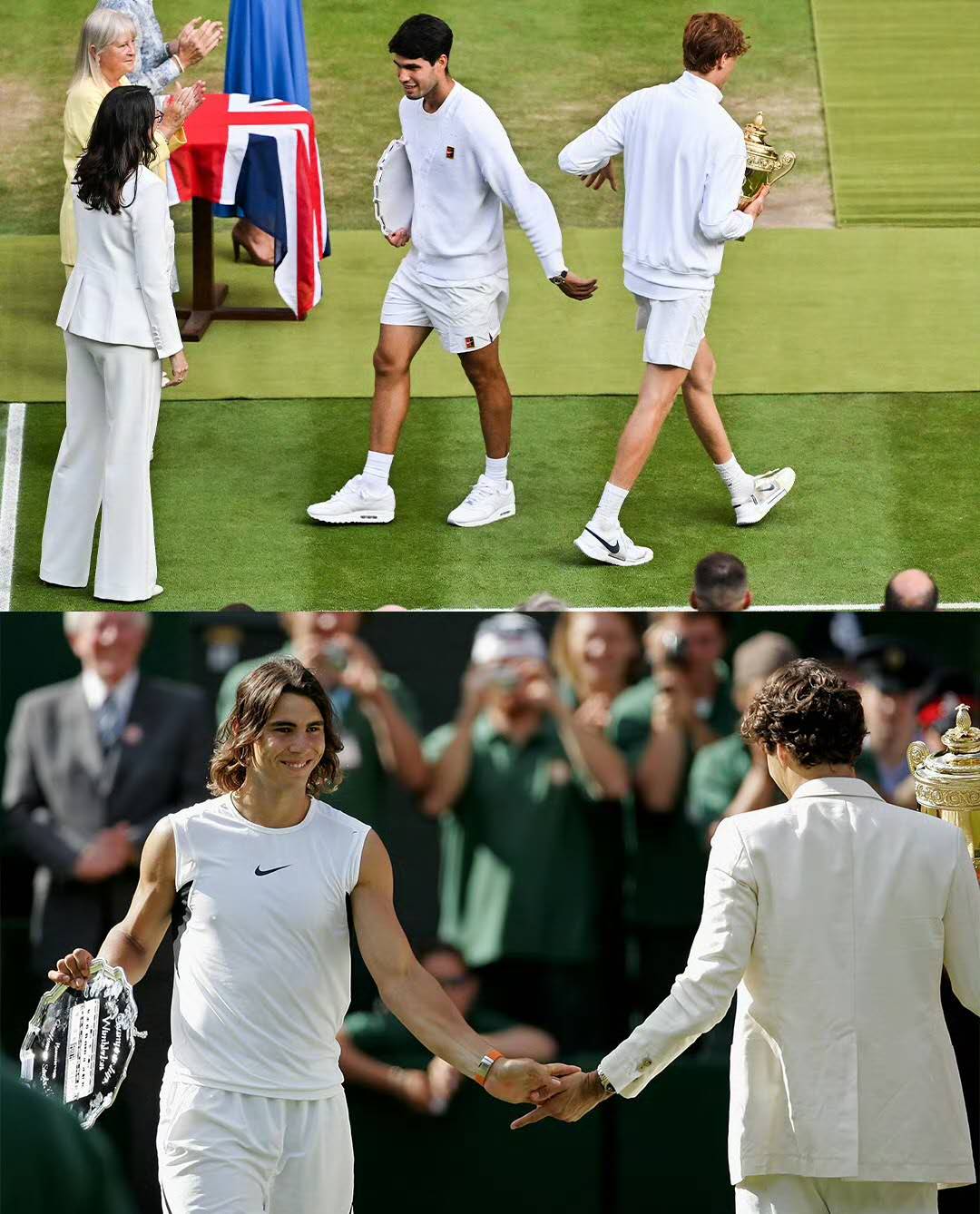
As for the men's singles final, German player Petkovic offered a psychological analysis, believing that the criticism of the final's lack of excitement largely stemmed from both players performing under immense external pressure and expectations.
The German star stated: "This final, labeled as a historic showdown, became, in a sense, a victim of high expectations, with both top players appearing frozen in the first three sets. Of course, if we wish for the Wimbledon final to be like the French Open final, that is clearly impossible, but even so, the intensity of the Wimbledon final should not have been so lacking."
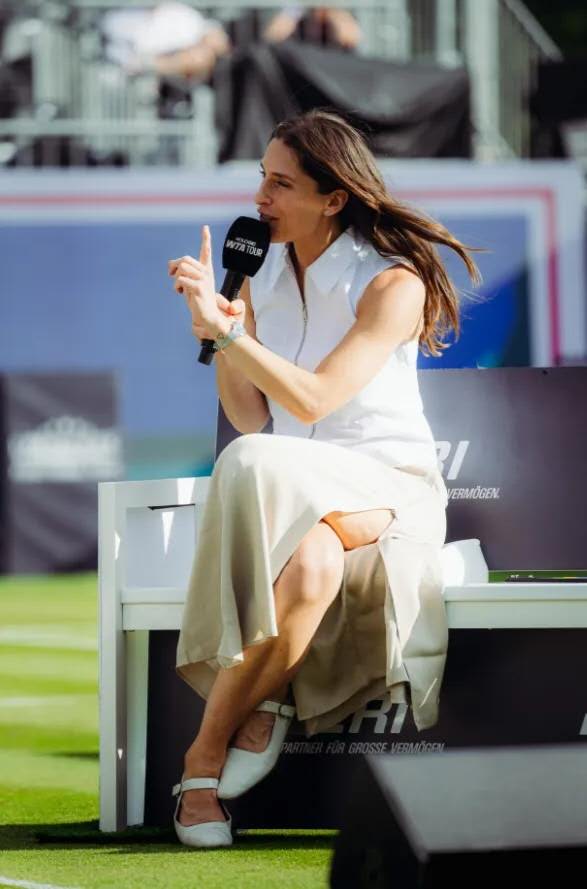
She meticulously recounted the match's progression: "This was the showdown everyone was eager to see, yet it turned into a disappointing script no one dared to hope for. When it actually unfolded before us, it, in some ways, became a letdown. At least for the first one and a half sets, it was like that until Sinner regained his form."
Historical data shows this is the first time in the Open Era that two players under 24 competed for the Wimbledon men's singles title. As the camera panned to the royal box where Prince William and Kate Middleton sat, the weight on the young players' shoulders was visibly apparent.
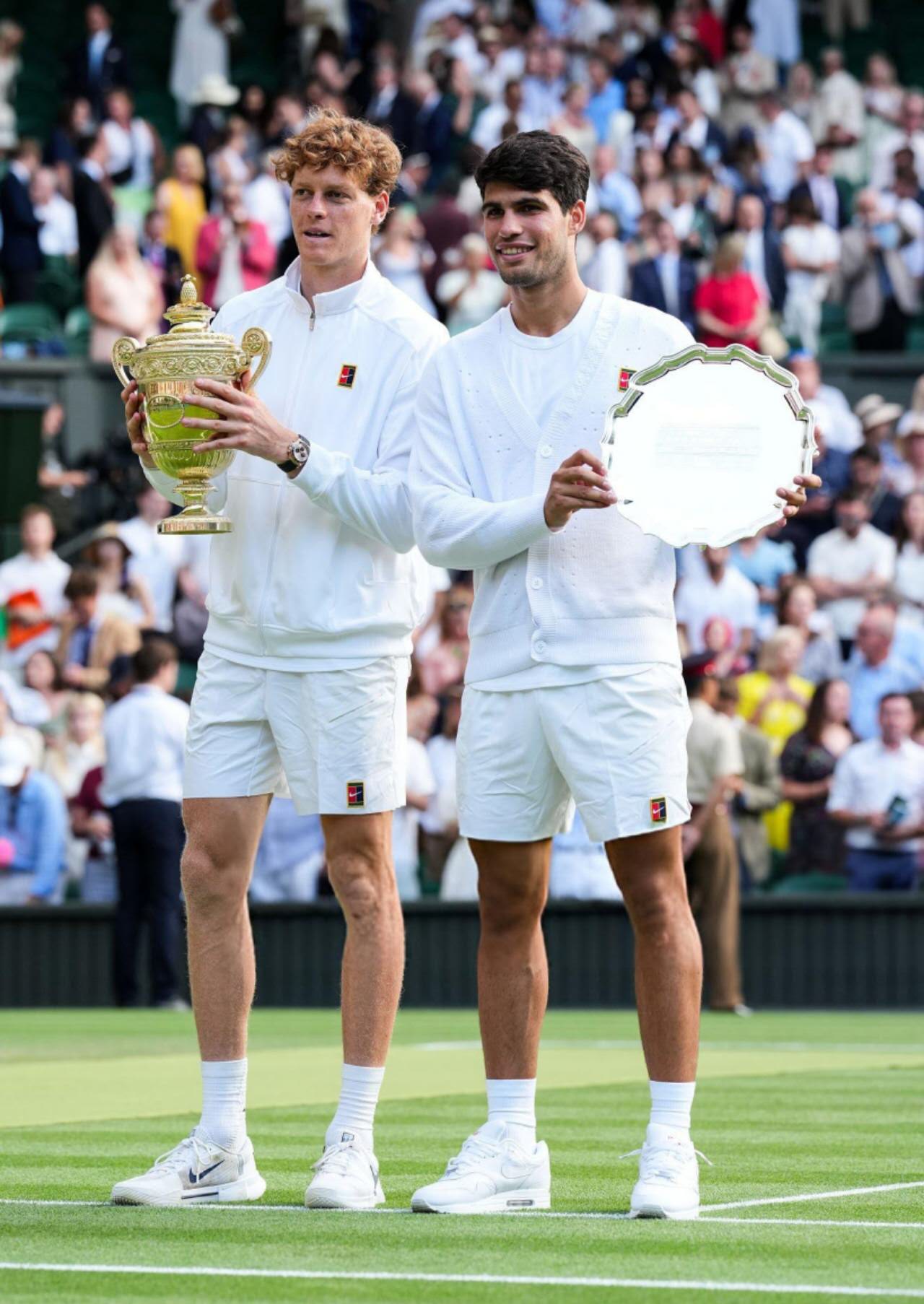
"They played as if they were afraid of making mistakes," a seasoned tennis journalist wrote in a column for The Times, "which stands in stark contrast to Alcaraz's relaxed and flamboyant performance against Fritz in the semifinals." A netizen also pointedly commented: "Petkovic articulated our feelings; the first two sets were as tense as watching a horror movie."
In this Wimbledon final, Alcaraz's first serve percentage was only 43%, and his second serve became a frequent target for Sinner's attacks, with his overall second serve success rate falling below 40%, 27 percentage points lower than Sinner's. Additionally, Alcaraz made 28 unforced errors on his backhand cross-court shots, far exceeding his season average, and his performance at the net was also disappointing: he lost 11 points out of 22 approaches, significantly lower than his 71% net success rate against Fritz in the semifinals.
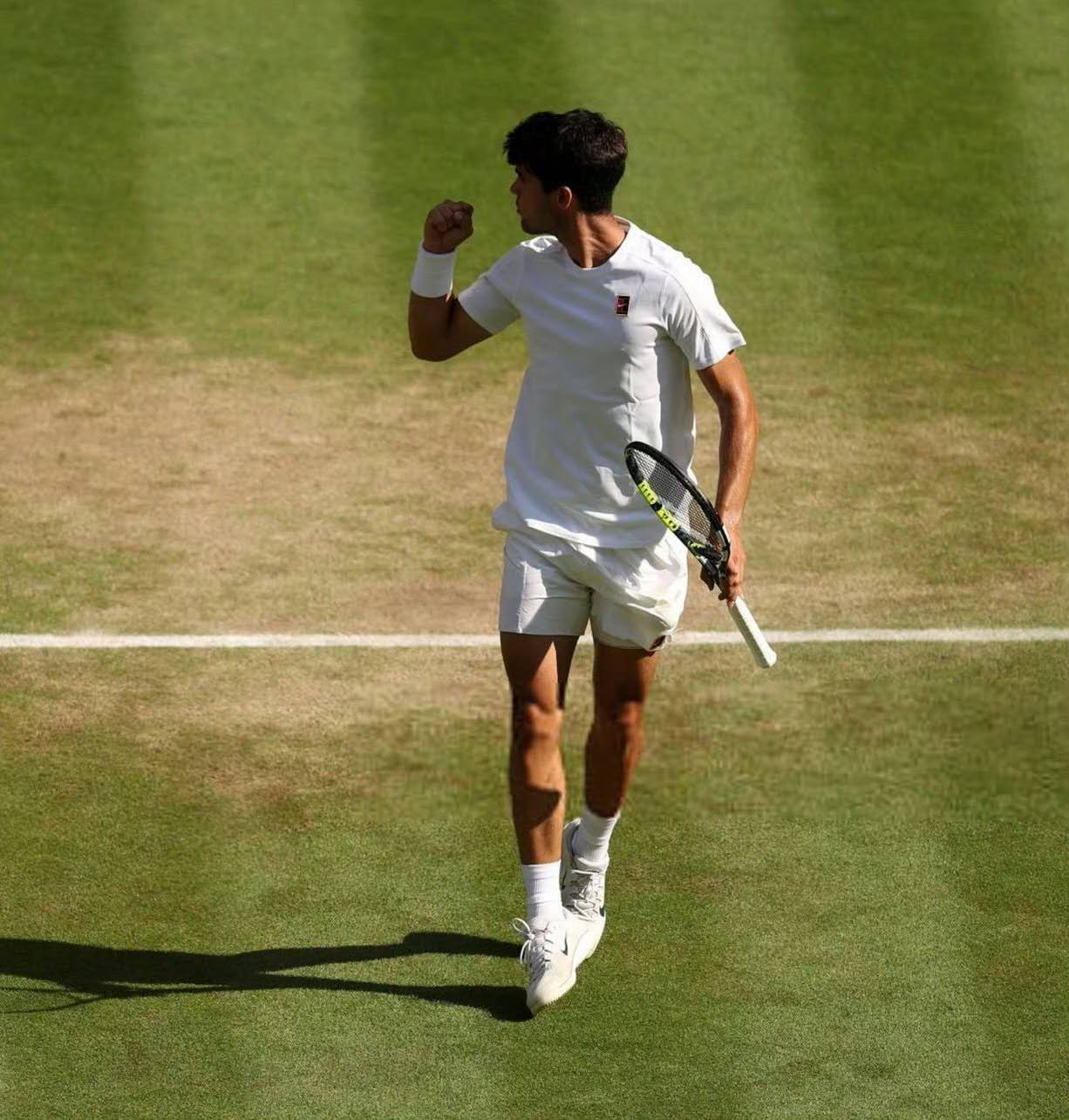
"Sinner completely disrupted Alcaraz's rhythm with his slicing backhand and deep court placements," former world number one Wilander analyzed, "but the real crisis lies in the fact that the Spanish prodigy failed to achieve a technical breakthrough in the match, unlike Nadal at 28 when he revamped his backhand or Djokovic at 32 when he refined his serve!"
Of course, whether it's Connors' indignation or Petkovic's mention of "nervousness," these aspects are quite complex during the match. When Sinner's second serve speed hit 117 mph in the third set and his aggressive play began to emerge towards the end of the second set, Alcaraz found himself caught in a dilemma between attack and defense. Coupled with poor on-court feel and the immense expectations and pressure of winning three consecutive Wimbledons, Alcaraz was already overwhelmed by this triple challenge.
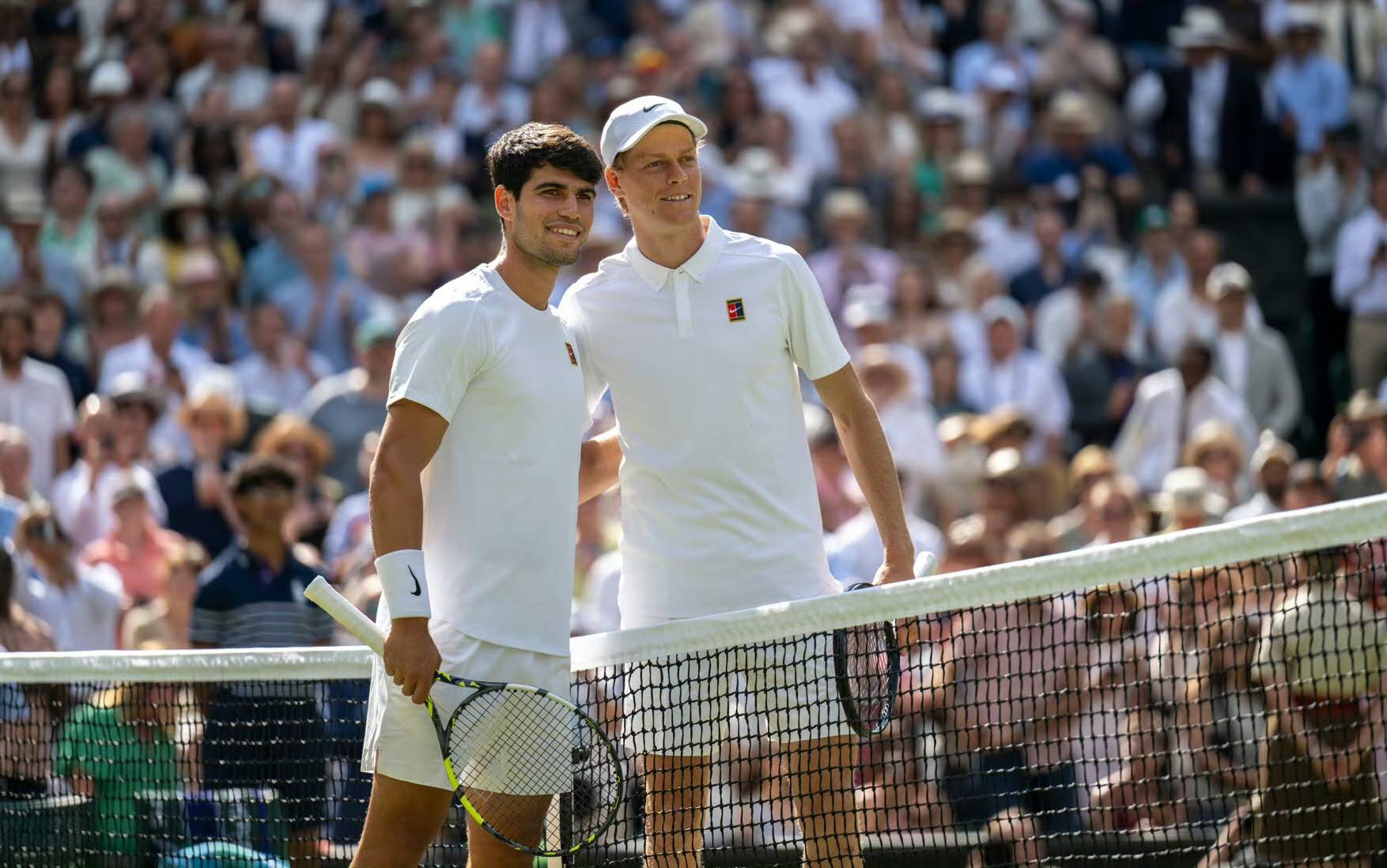
"Every champion needs to go through this kind of tempering," three-time Wimbledon champion Becker presented a different perspective in an interview, "It was only after I lost to Courier at the 1991 US Open that I truly learned how to adjust my tactics and handle pressure." A netizen resonated with this sentiment: "Have we forgotten that Federer won his first Grand Slam at 24?"
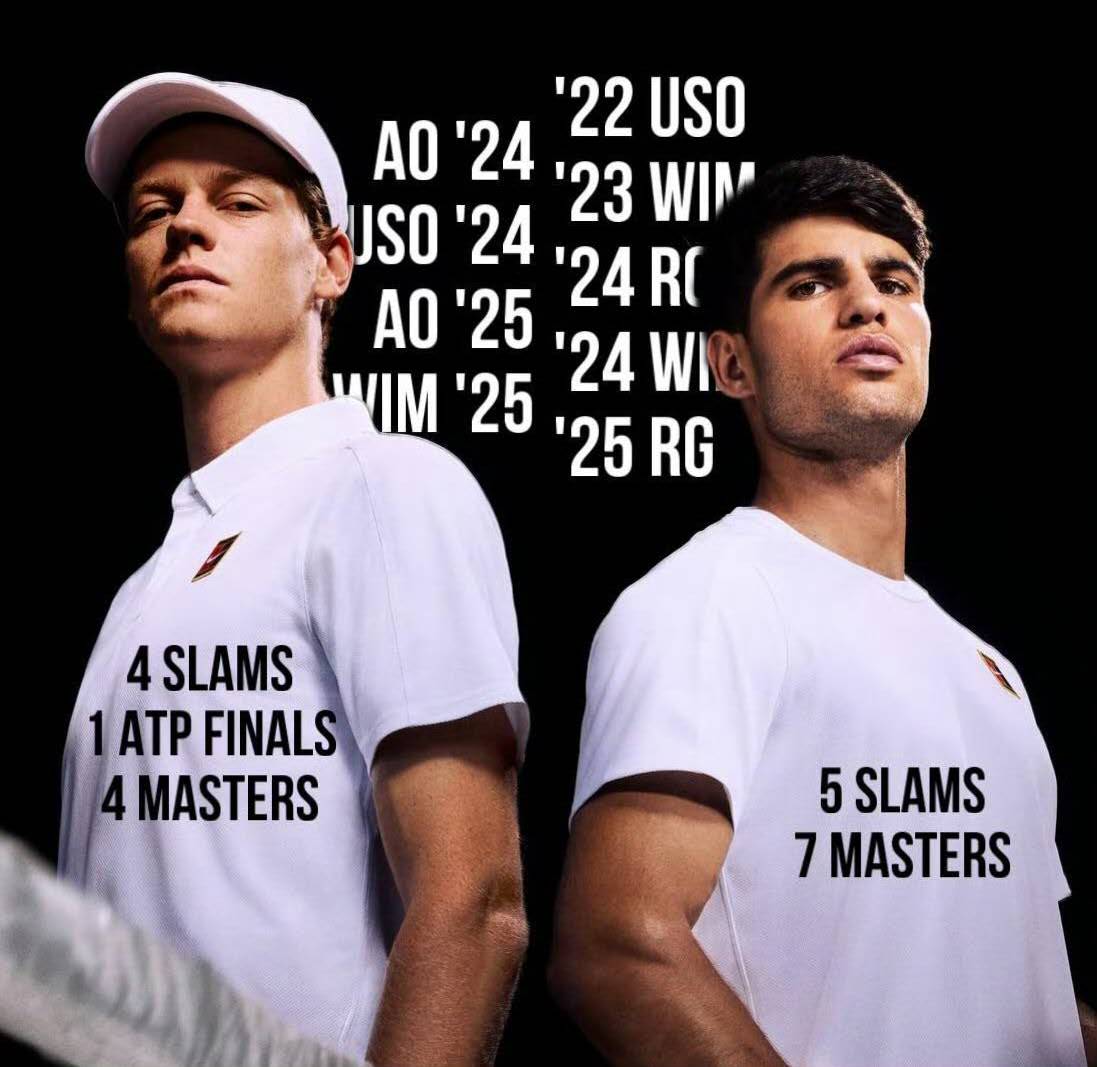
In fact, we can undoubtedly believe in Alcaraz's abilities; nothing is perfect. As Sinner said to reporters after the match, "The final was like a chess game; sometimes changing strategies requires more courage than sticking to one. Carlos will learn more from this."
And now, just like Alcaraz's brief statement on social media after the match: "No excuses, nor do we need any; only the path forward."(Source: Tennis Home, Author: Lu Xiaotian)







 Links
Links
 Contact
Contact
 App
App


